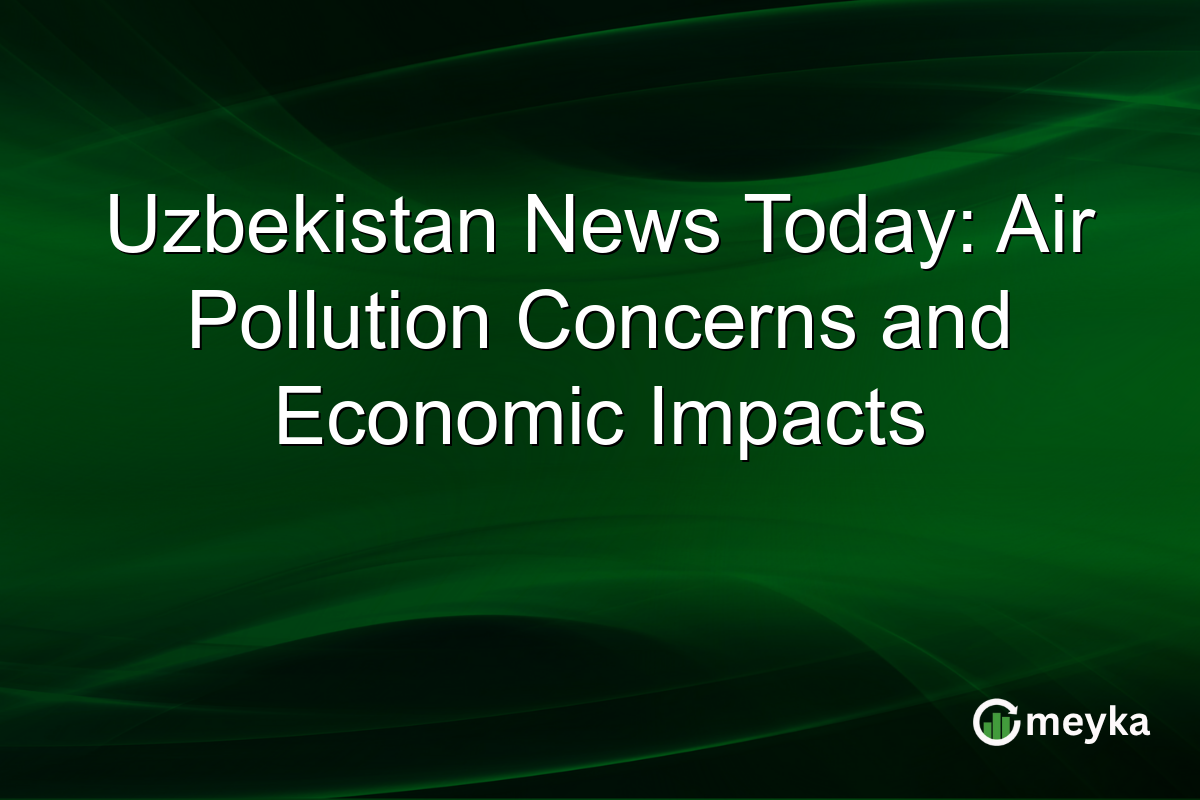Uzbekistan News Today: Air Pollution Concerns and Economic Impacts
Uzbekistan is battling a significant air pollution crisis, with severe effects on its public health and economic landscape. The focus keyword “Uzbekistan air pollution” reflects the urgency as pollution levels reach alarming heights, particularly in Tashkent. The government is actively pursuing measures to curb the environmental degradation, responding to both domestic pressures and international expectations.
Continue Reading on Meyka
This article is available in full on our main platform. Get access to complete analysis, stock insights, and more.
Read Full Article →





